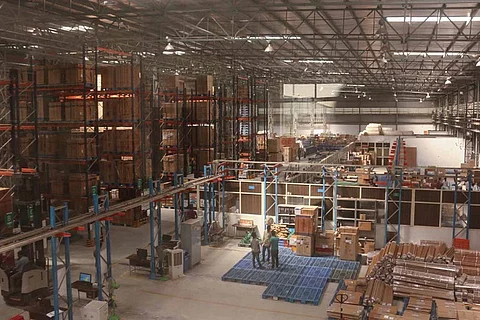

Businesses keep recalibrating their strategies and sometimes they may have to go back after having moved forward. In a world, where outsourcing most functions except the core activities, has become the norm, the Indian ecommerce giant Flipkart has decided to set up its own large warehousing facilities. The earlier proposal to set up several fulfillment centers around the country may get pushed to the background. Flipkart will now own and operate huge warehouses with all logistics related functions being handled in one place.
Flipkart has already acquired 100 acres of real estate on the outskirts of Bengaluru. This warehouse is expected to cater to the Southern parts of the country. Another setup is going to come up in 80 acres, in Kolkata, which will service the orders from the East and North East.
It is being estimated that around Rs 600 crore could be spent on each of these mega warehouses and Flipkart claims these may start functioning before the Big Billion Day sale that coincides with the 2019 Diwali festival, which is 18 months away.
The justification for this move by Flipkart is the cost incurred by ecommerce companies in logistics, the highest component in its spends. Flipkart believes that with these self-operated warehousing hubs, around 20% of theirs spends on logistics can be saved.
Another reason for the reversal of the decision to set up smaller fulfillment centers to larger ones has been the implementation of GST which has removed many complications in the taxation and octroi levies in different states. Flipkart has also planned these large warehouses with a long-term perspective of 10 to 15 years of its business in India going forward. They are also hoping to generate employment potential (4000-5000 in each warehouse is the figure being quoted).
The Indian ecommerce giant has also planned to include environment-friendly factors, like self-generating solar energy and achieving carbon neutral emissions and so on. Some of these are being already followed by Amazon in its warehouses in the US and by Alibaba in China.